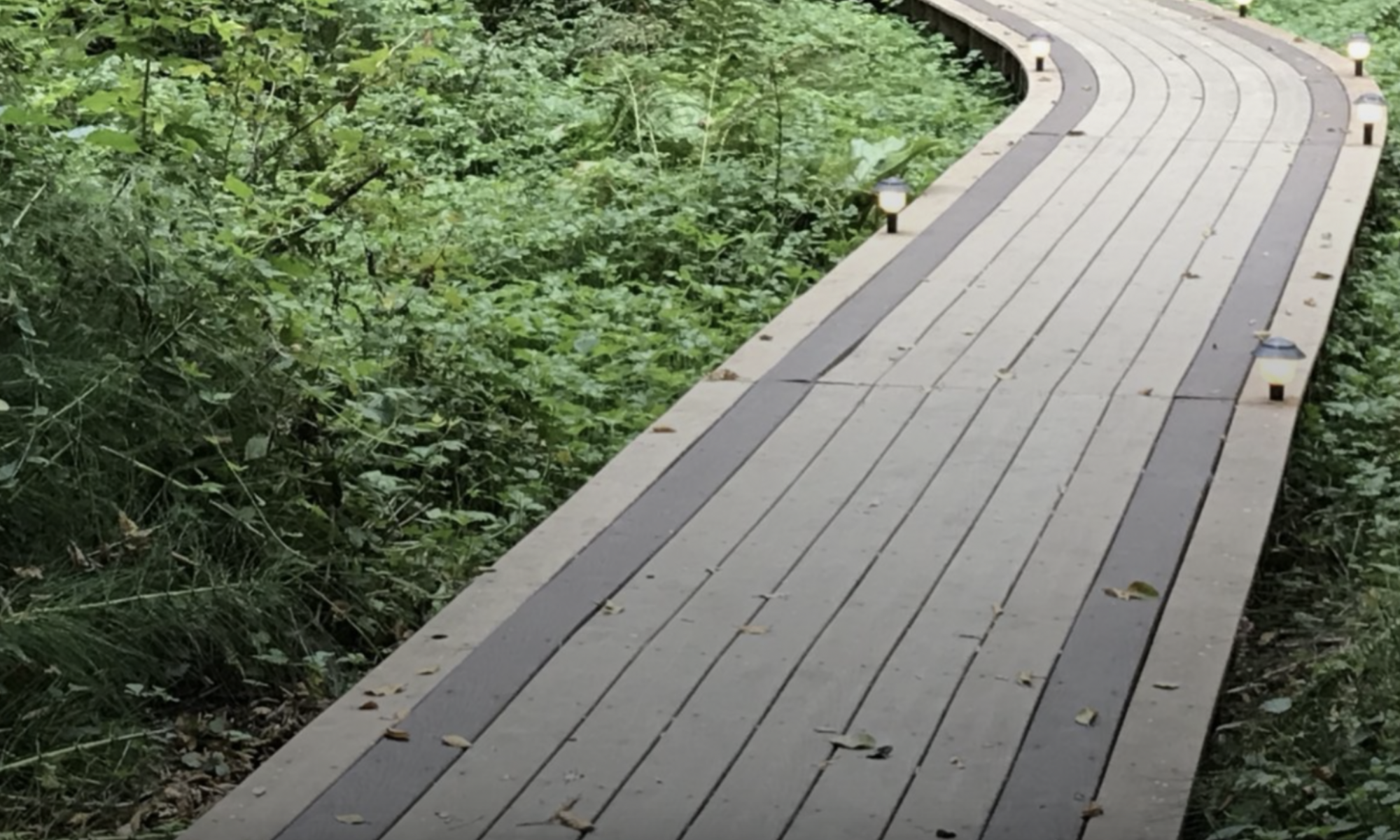In the mid 1990s, a few of the statements and questions that most formed me were spoken by my mentor and friend, Margaret Wheatley. Meg was inspired often by the beauty of the red rock areas of the American southwest (this photo is from a trip I took in 2011).
Organizations are living systems.
Living systems have a capacity to self-organize.
If we knew more about how living systems organized themselves, how might it change the way we organize human endeavor?
I didn’t really know it then, but Meg was creating a narrative, the kind of narrative that can change not only how we think about ourselves and each other, but also, what we are even able to see about ourselves and each other. At the time, and I believe largely still true today, these statements and this question challenged the much defaulted-to narrative of command and control that proclaimed and instilled, “the more we get better at controlling people and systems, the better.”
Perceptual psychology has long taught us the principle that “what we see is what we know.” The command and control paradigm is one example of that. Early organizational theory was heavily influenced by military and religious models that advocated and imposed a kind of hierarchical control. That’s what we saw. That’s what we knew. That’s what we tried to do. That’s what was smart.
It’s been 20+ years now. I love how there are many people and organizations that have accepted this living systems narrative, or are trying to practice it more fully and more deeply. People are learning more ways to turn to one another. People are engaging each other in inquiry and in story-telling. People are welcoming a different kind of efficiency that comes through clarity of purpose and timing. It’s great to see.
Recently, a local colleague, Kinde Nebeker, and I, completed offering a 3-session series called The Inner and The Outer of Evolutionary Leadership. Each week Kinde and I offered 2-3 resources as pre-reading or pre-viewing. For the third session, we offered the three resources below that I believe, further encourage the narrative, and the ability to see, a living systems paradigm.
- A 9-minute video about Princeton microbiologist Bonnie Bassler and her surprising work with bacteria: https://www.youtube.com/watch?v=eml3K2-EdhY&list=FLzJVX7zkTZj-HRFCrR2ULSw&index=1. Even these simple, simple bacteria “talk” to each other. I love the principle that they light up when communal in a way that they can’t when they are alone.
- A short, but full article about new discoveries on the many ways that plants ’talk’ to each other: http://www.the-scientist.com/?articles.view/articleNo/38727/title/Plant-Talk/ Go figure. Plants are smart. There is communication, seemingly invisible to us humans, both in the soil and in the above ground part. Plants warn each other of invading species or stressful conditions in a self-organizing way.
-
A blog on the “Mysterious We-Space” (Kinde wrote this in 2013 in response to her experience co-guiding a wild nature retreat in Colorado): http://www.newmoonritesofpassage.com/importedblog/the-mysterious-we-space. Kinde gives great attention to the unseen that is the “we” that is so difficult to see from a hierarchical paradigm.
Maybe changing a narrative takes 20+ years. I suppose I’ve wanted to believe it is much faster than that. True for some. Not for others. Changing the narrative of a people, as a group, is even more involved.
But stories like those above, quirky as they sometimes can feel, are helping. I’m glad for bacteria and the Bonnie Basslers of the world, the plants and the Dan Cossins of the world, the Kinde Nebekers of the world that are helping this narrative and way of being take further root.




